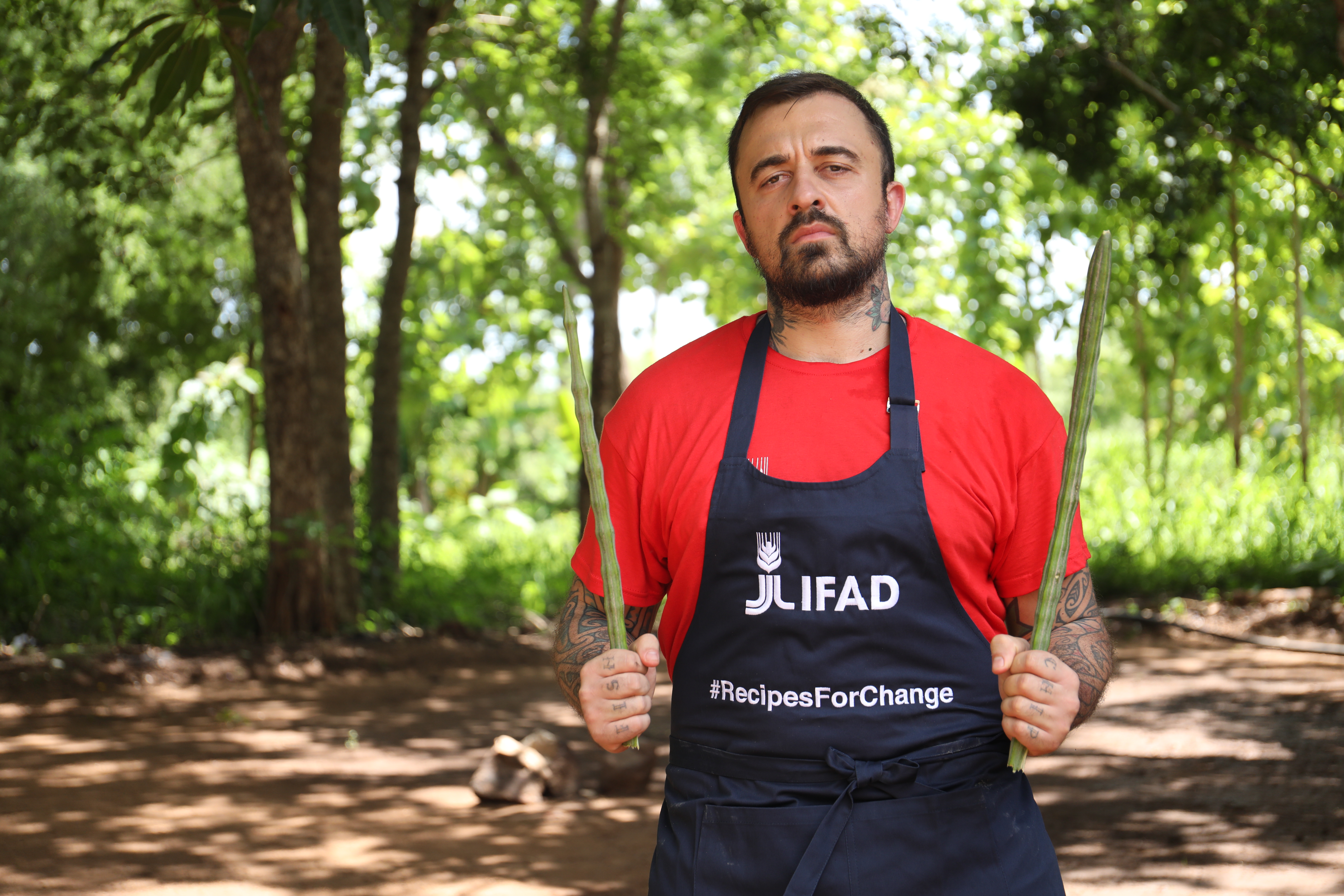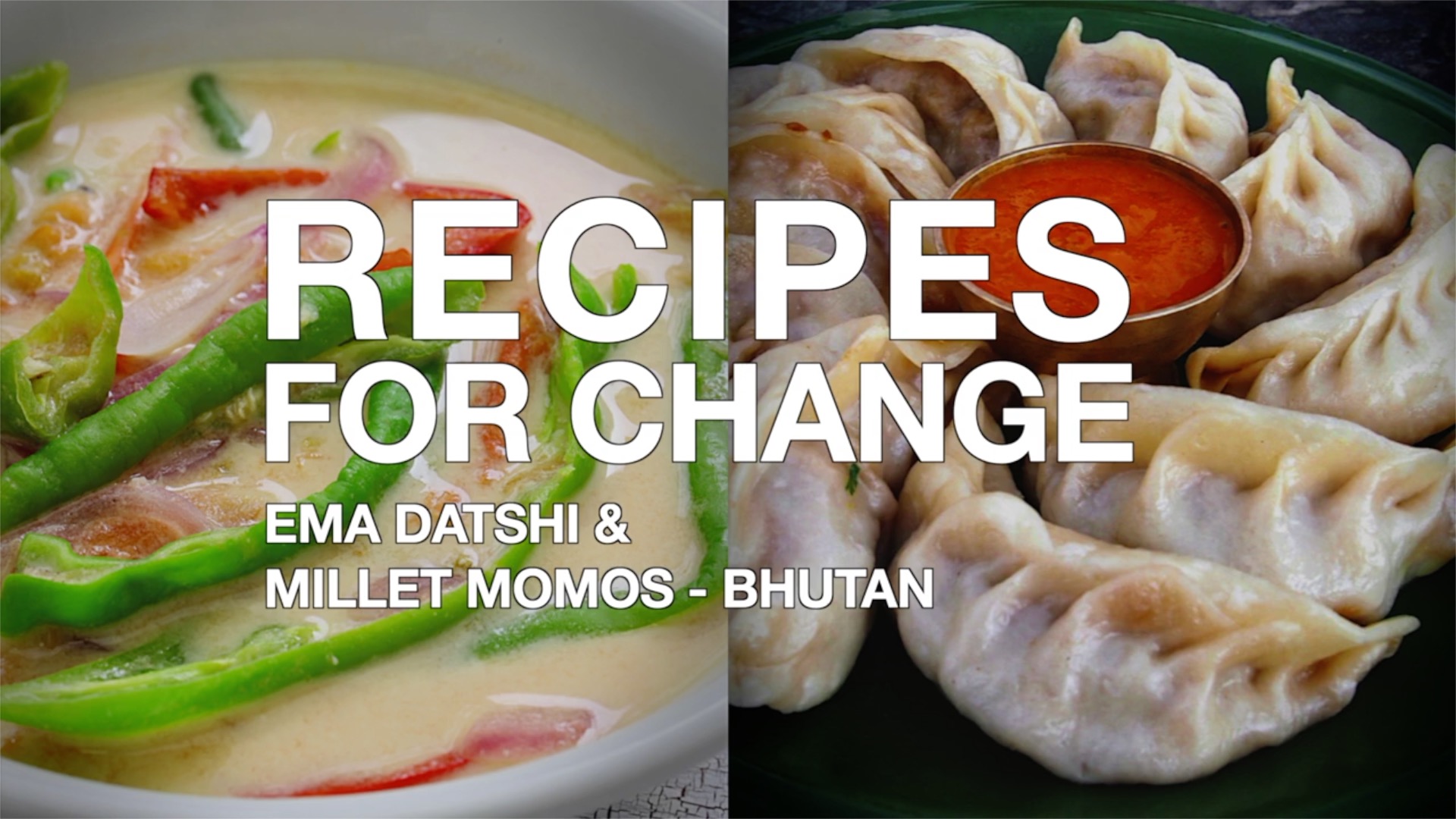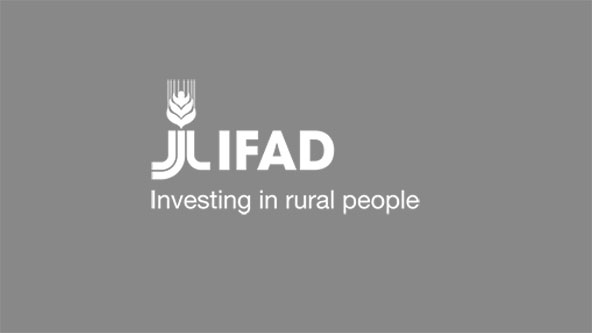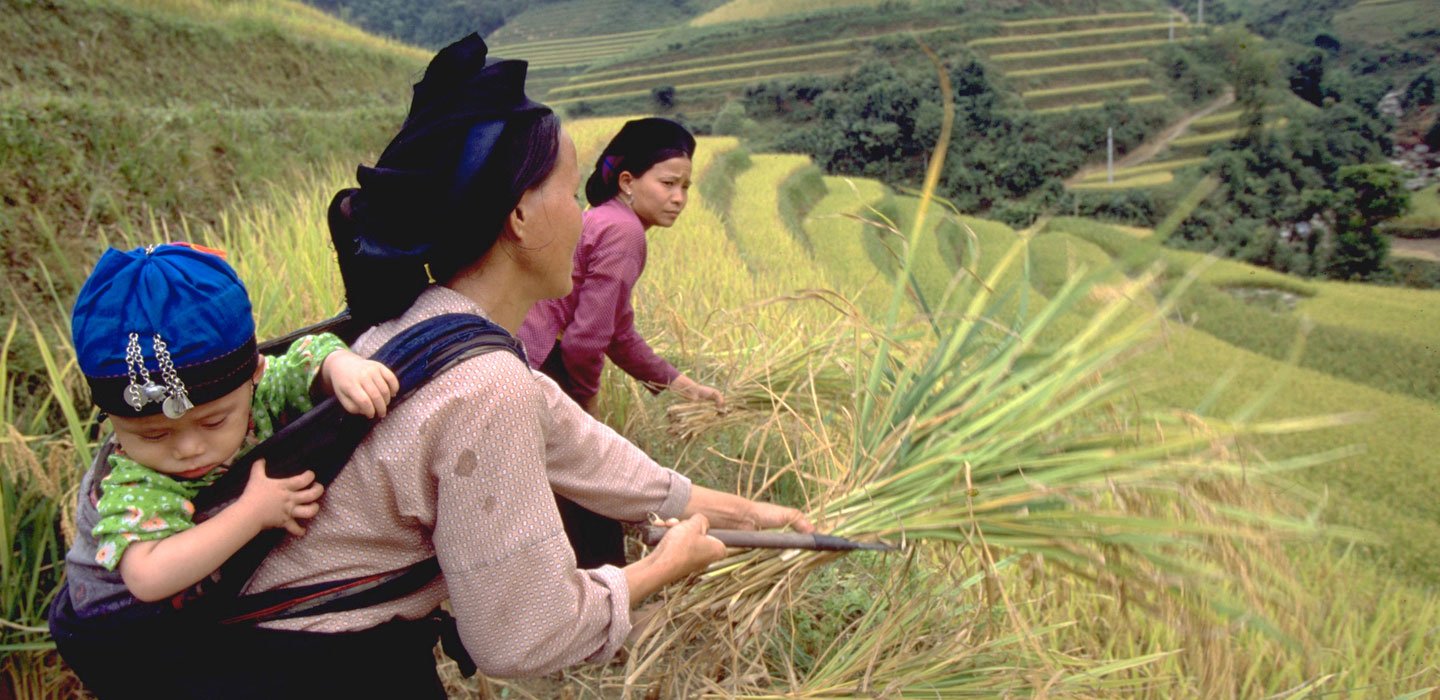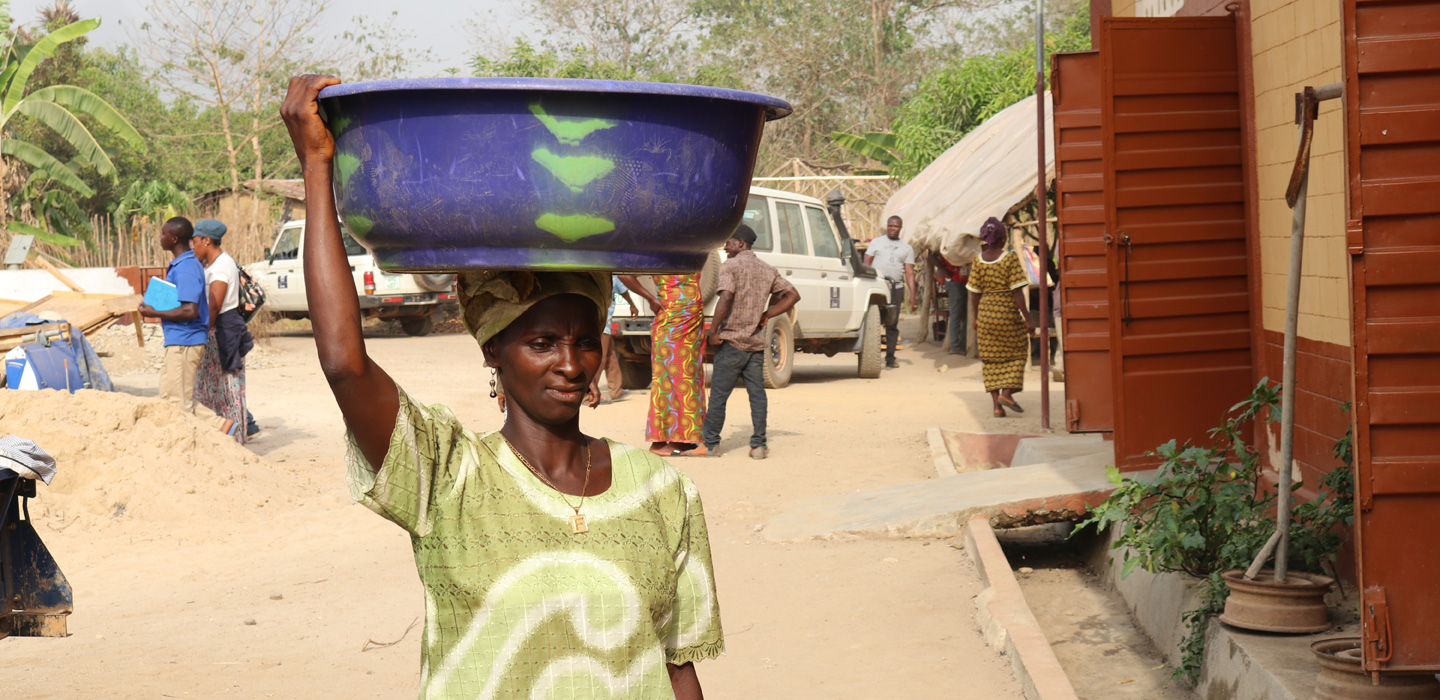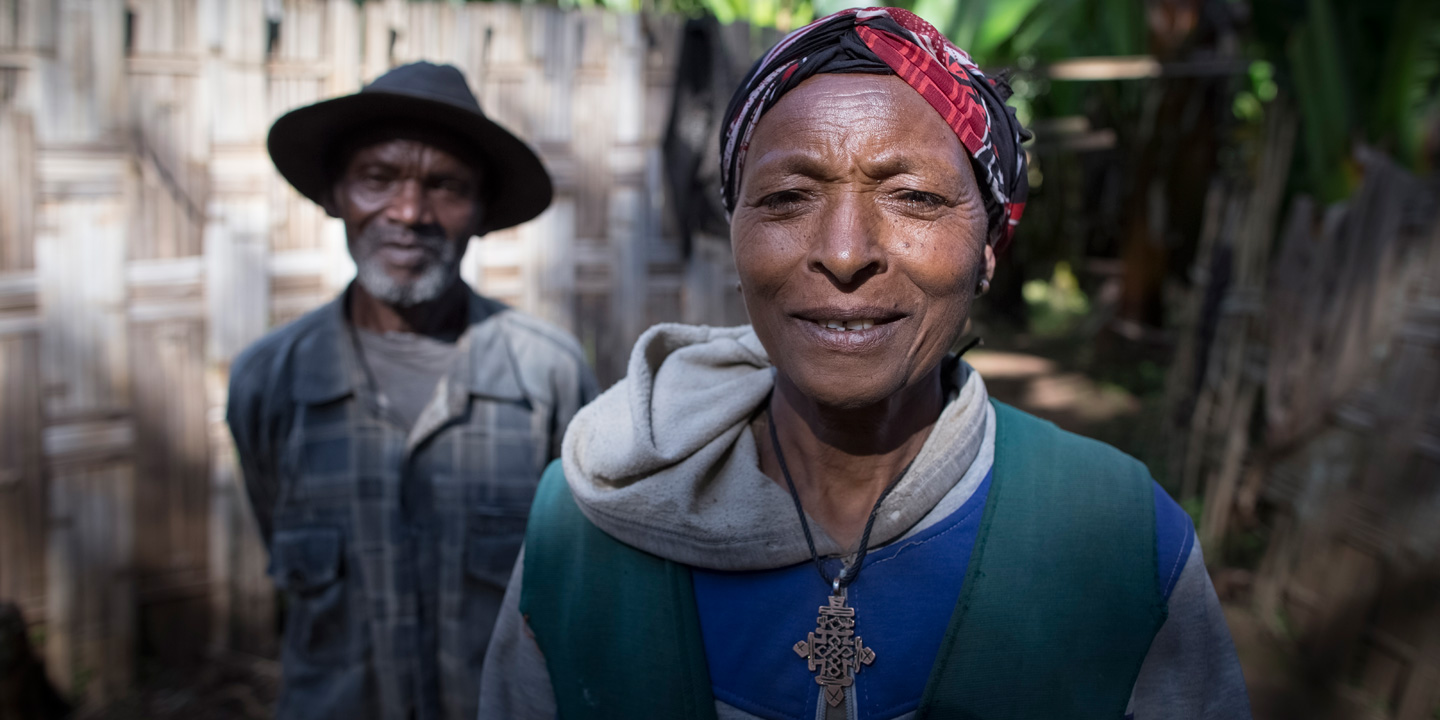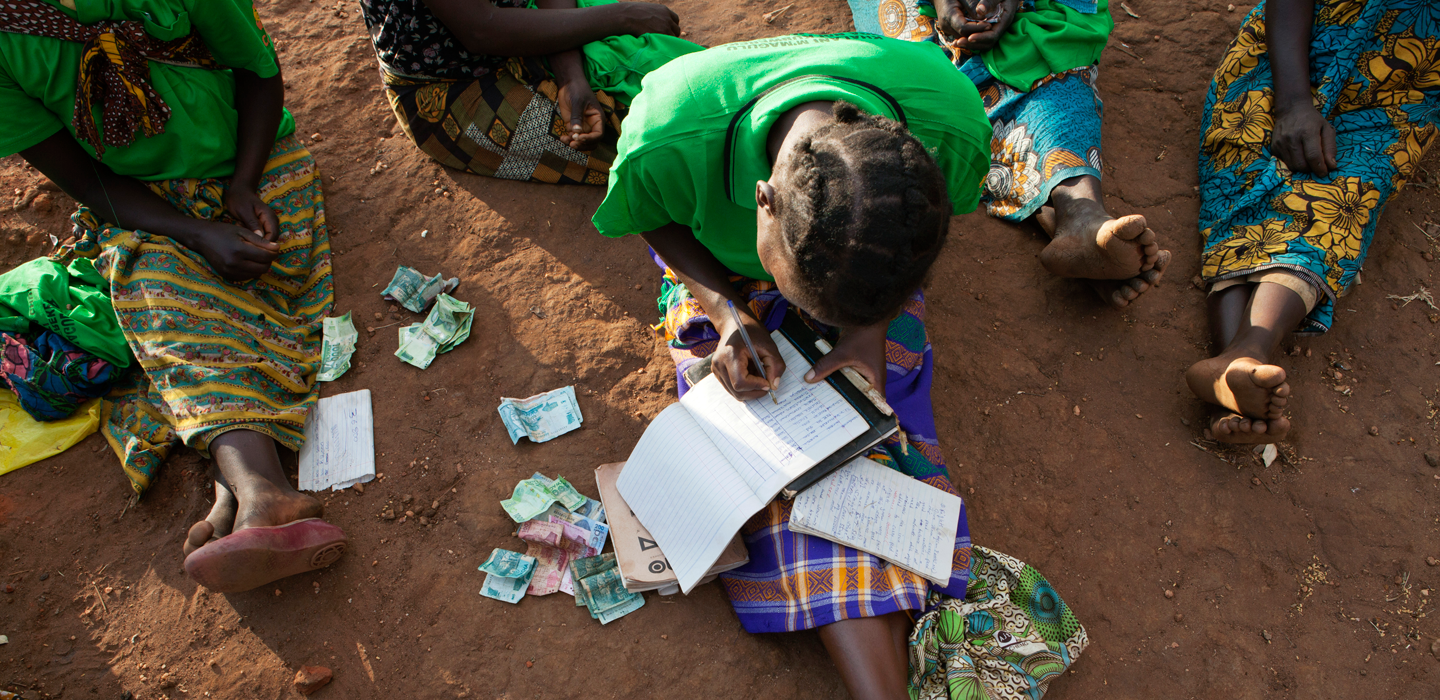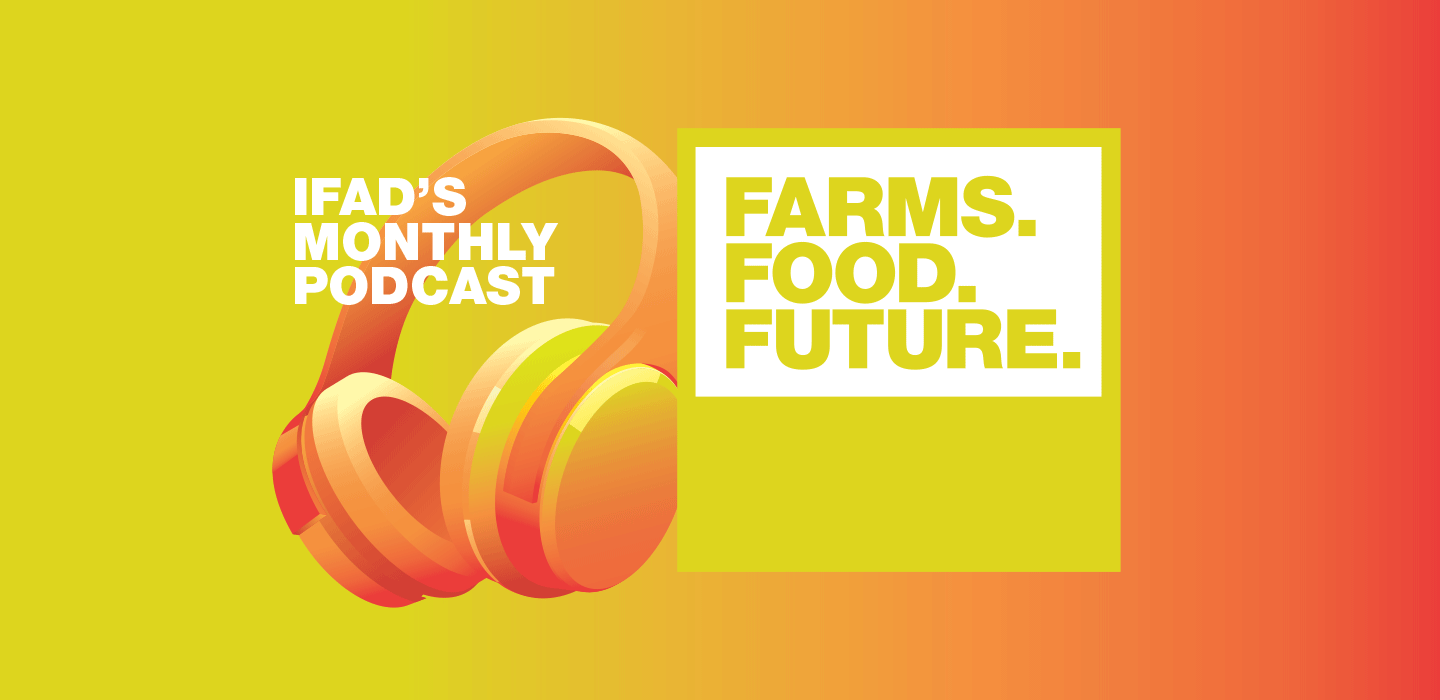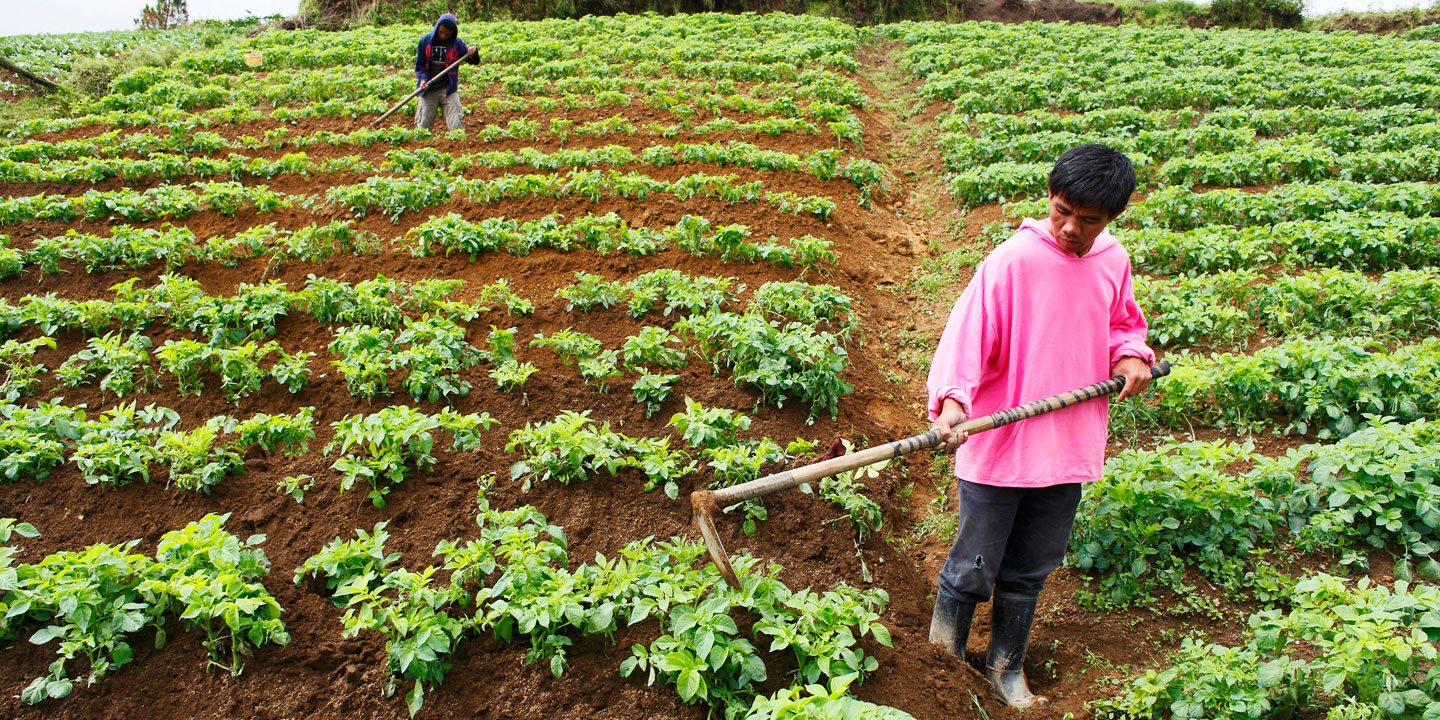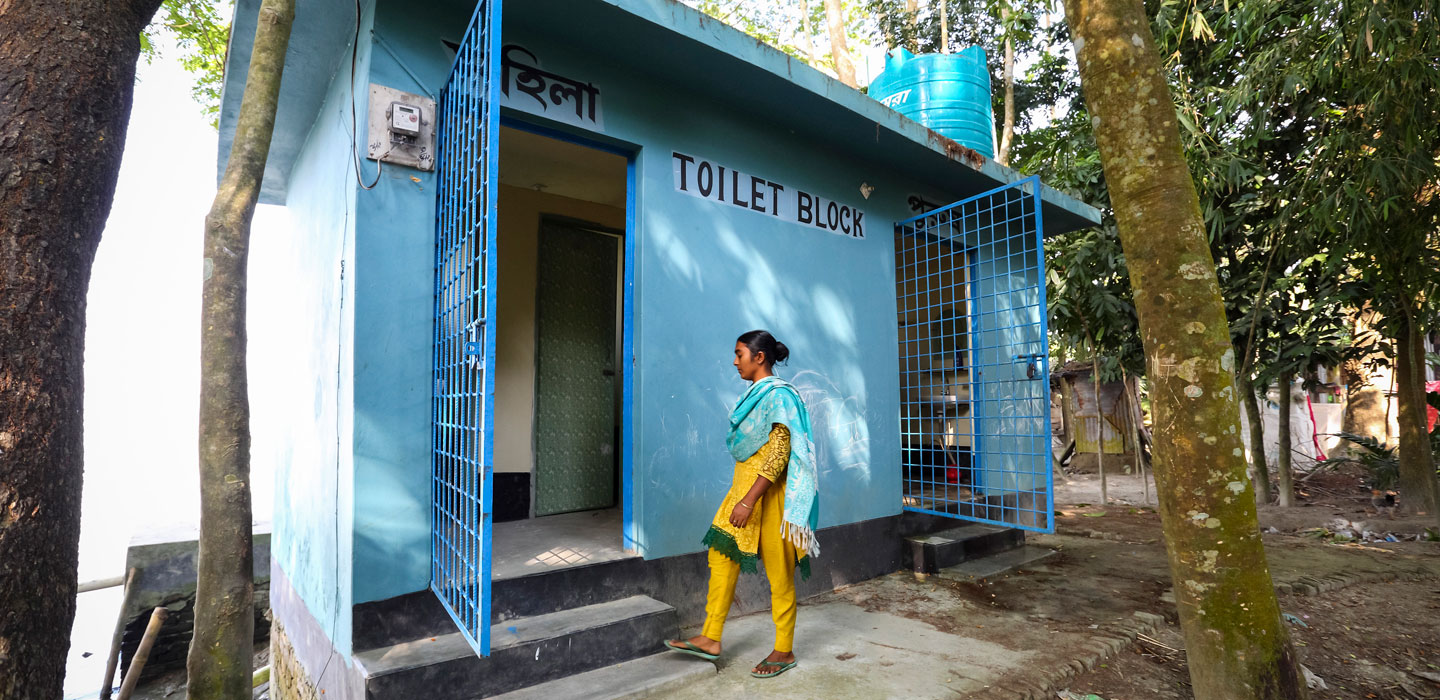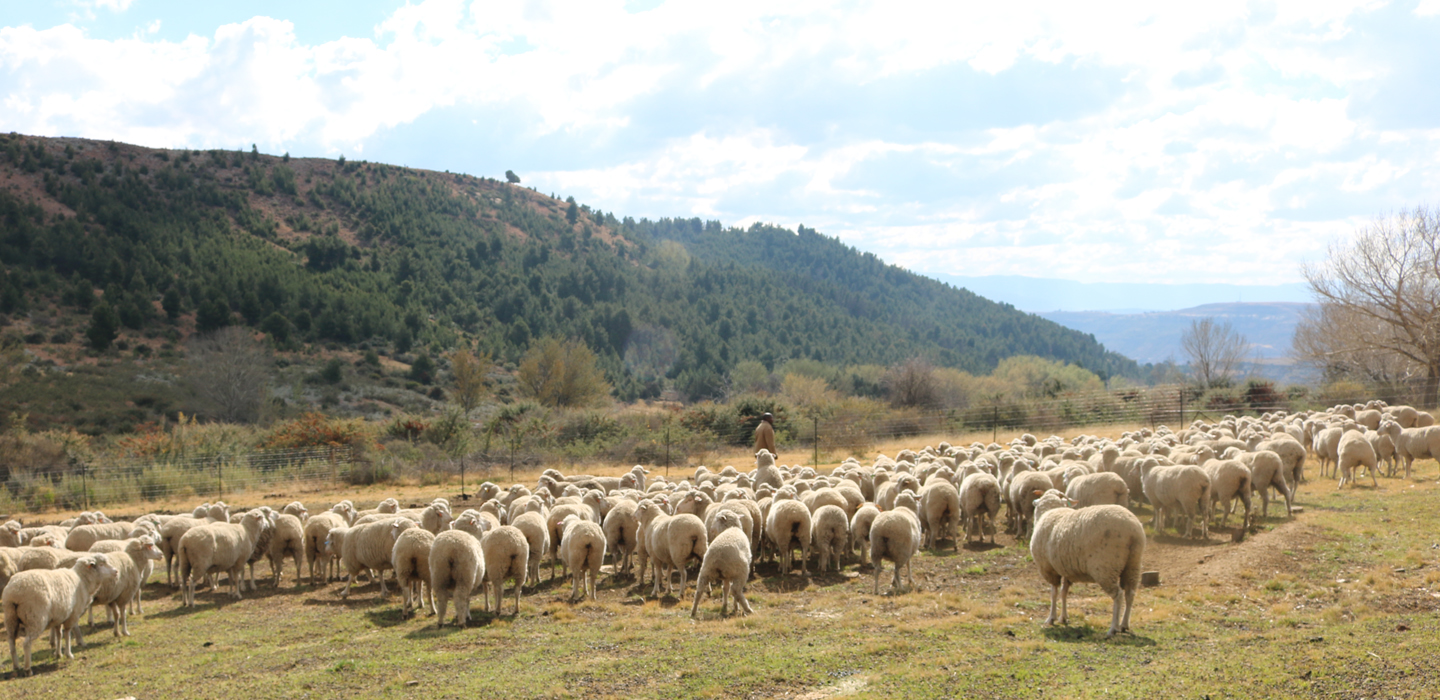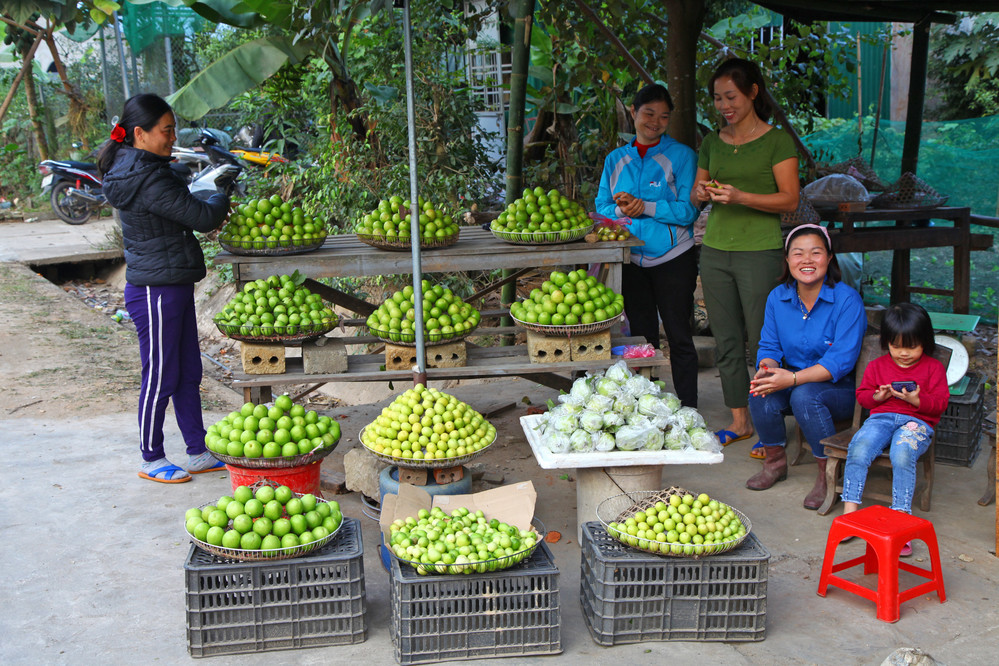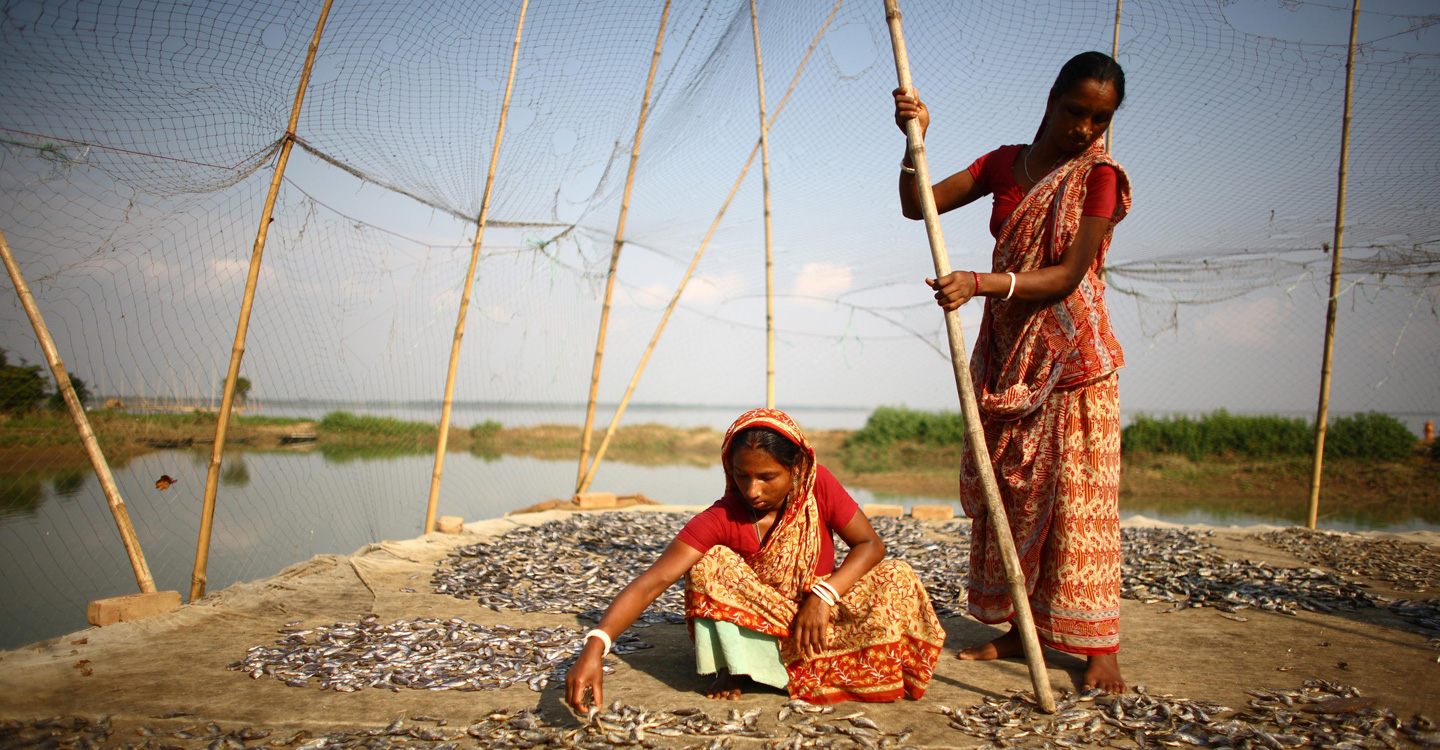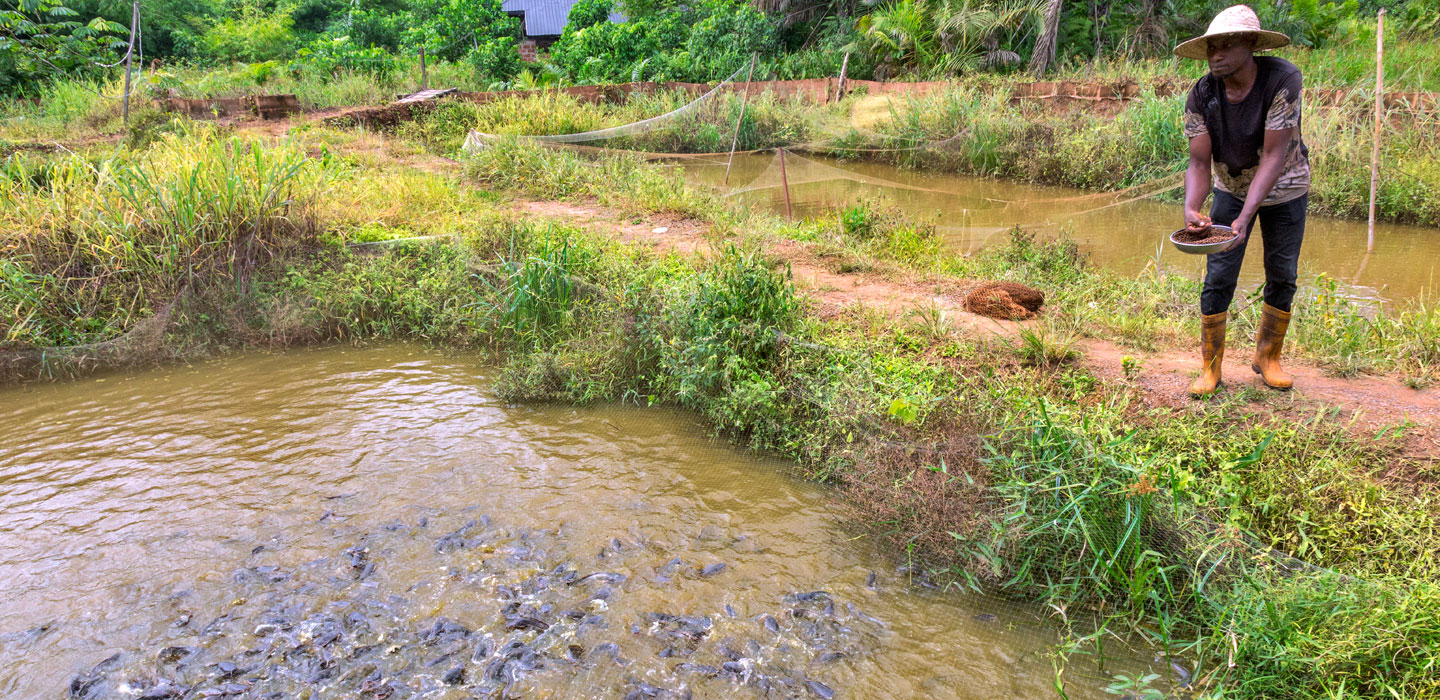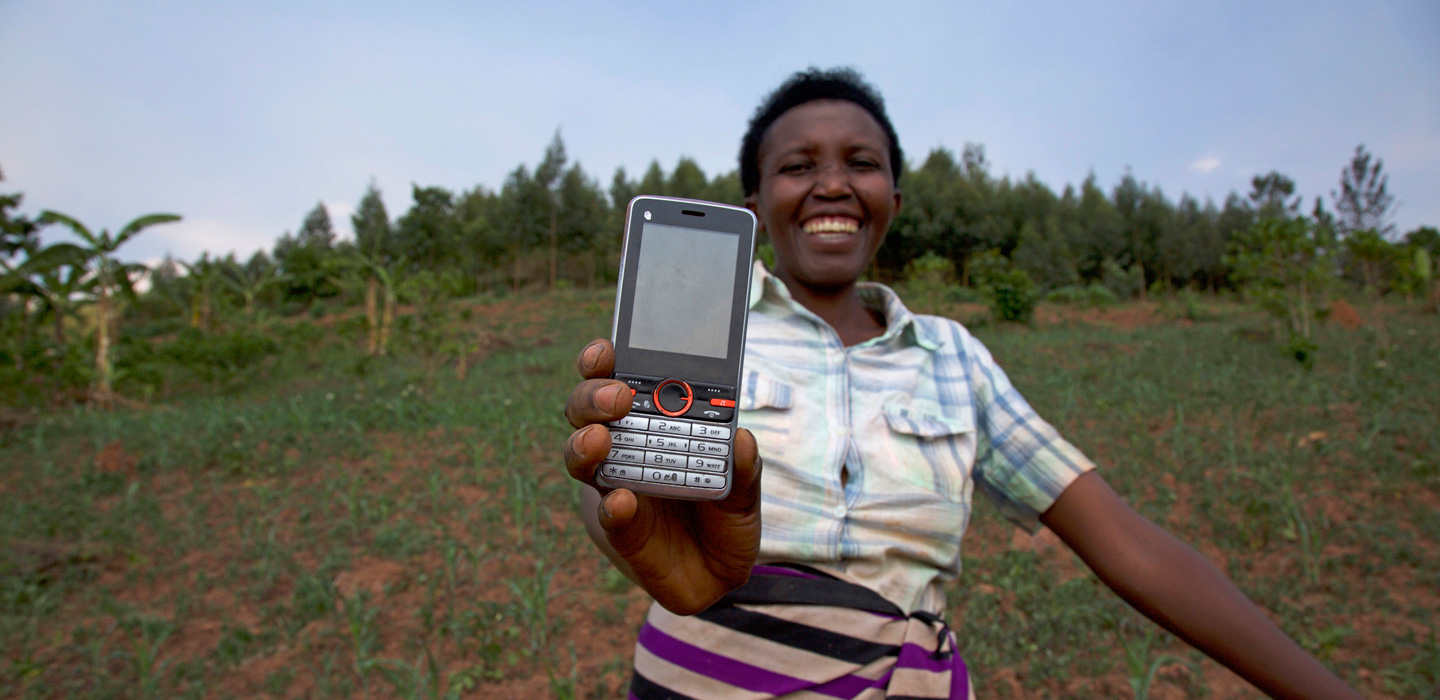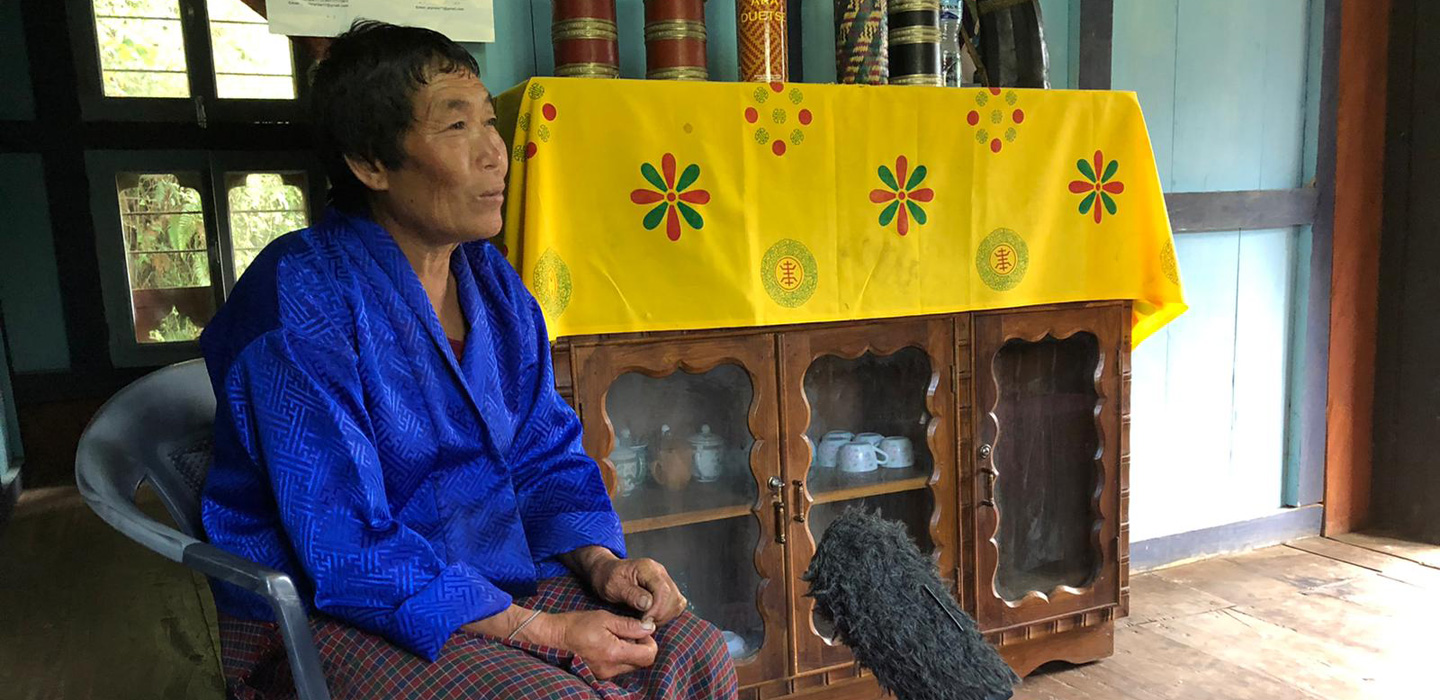Latest
Latest

Latest
Manual Submenu Topics
Search Results Filters
Search Results
Recipes for Change: Moringa Leaves with Coconut from Sri Lanka
In this episode of Recipes for Change, Italian celebrity chef Rubio is in Sri Lanka to learn about moringa, a drought-resilient superfood that is helping rural households cope with the effects of climate change, increase their incomes, and improve their nutrition.
Recipes for Change: Ema Datshi & Millet Momos from Bhutan
In this episode of Recipes for Change, Italian celebrity chef, Carlo Cracco, is in Bhutan to find out how farmers are rediscovering traditional crops that can help them mitigate the impact that climate change is having on their staple cultivations.
Farmers on the climate frontline, reducing inequalities with IFAD at COP25
Small-scale farmers in developing countries are already suffering from a changing climate they did not cause – with lower crop yields, reduced water availability, price spikes and increased food insecurity.
Boosting incomes and protecting the environment – IFAD and Government of Peru assess achievements of joint project
Martín Vizcarra, President of Peru, and Rossana Polastri, Director of the Latin America and the Caribbean Division of IFAD, to chair the closing of the Sierra y Selva Alta Project (PSSA).
Interview with Recipes for Change Chef Lance Seeto
In addition to climate change, the Pacific Island communities are succumbing to modern diseases caused by a change of diet and lifestyle.
Enabling farming families to fight climate change: the key to survival
IFAD has adapted its development strategies for Viet Nam from focusing on boosting agricultural production to commercialisation and sustainability of smallholders.
Rural finance in Sierra Leone strengthened by IFAD projects – new report
Rural development projects financed and supported by IFAD expanded access to rural finance and increased agricultural production in Sierra Leone, despite the civil war (1991-2002) and Ebola epidemic (2014-2015), according to a new report released today.
Farmers on the climate front line - Episode 1
This is the inaugural episode of Farms. Food. Future. In this month’s programme we will be hearing from farmers on the climate front line.
Putting an end to violence against women in rural communities
On the international day for the elimination of violence against women, IFAD reaffirms its commitment to eliminate and prevent gender-based violence.
Introduction to IFAD's monthly podcast - It's all about Farms. Food. Future.
Welcome to Farms. Food. Future. A podcast that’s good for you, good for the planet and good for farmers.
Mobilizing inclusive remittances for rural development
It has long been recognized that the money remitted by migrants is used to supplement the receiving family’s income and is therefore largely spent on consumption. Only a small amount of remittances is invested in productive assets, much less saved.
Ethiopia and IFAD to help families adapt to climate shocks in new multi-million dollar project
Half a million of Ethiopia’s most vulnerable families are set to benefit from a new US$451 million project to increase their resilience to climate shocks in the country’s poorest regions.
Sanitation pays for itself and is the business opportunity of the decade
Water and sanitation are at the very core of sustainable development, critical to the survival of people and the planet. SDG6 not only addresses the issues relating to drinking water, sanitation and hygiene, but also the quality and sustainability of water resources worldwide.
Sierra Leone and IFAD to strengthen partnerships, agricultural value chains and rural finance
The Independent Office of Evaluation of IFAD and the Government of Sierra Leone are holding a half-day workshop in Freetown to share the findings of the independent evaluation of IFAD’s country strategy and programme for Sierra Leone.
Spinning yarns – Investing in wool and mohair in Lesotho
Wool and mohair form the bedrock of Lesotho’s rural economy. Producers range from smallholder farmers with small flocks, to breeders of large flocks of superior gene-quality animals. With over 1.2 million sheep and 845,000 goats there is a lot of potential to develop the industry.
IFAD calls on governments in Asia and Pacific region to invest in their rural youth
With about 60 per cent of the developing world’s rural youth living in Asian and Pacific countries, specific and effective policies and investments are urgently needed to offer them a future, according to a report by the International Fund for Agricultural Development (IFAD) to be presented at Peking University today.
The advantage of investing in sustainable fisheries, aquaculture and coastal communities
The fisheries sector is crucial for enhancing healthy diets, as fish are a valuable source of nutrients and micronutrients.
Call for proposals: Small Fish Grant
This call for proposals is to select a recipient or consortium of recipients to receive a three-year IFAD grant financing to implement the project: Promoting sustainable technologies and marketing strategies to increase incomes and reduce food losses in small fish systems for a total amount of up to US$2.5 million.
Mobile money: A product of choice for women to send and receive remittances
Women constitute the majority of remittance recipients globally and remittances have an impact on both women’s actual income as well as on social norms.
IFAD partnership in Bhutan reaping benefits for farmers
Most of the population of Bhutan depend on farming to make a living. However, as the climate crisis bites, this Himalayan nation is being hit by erratic rain, hailstorms and flash floods. This in turn is effecting farmers’ production.
